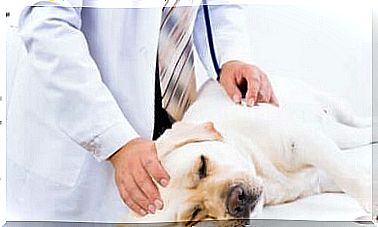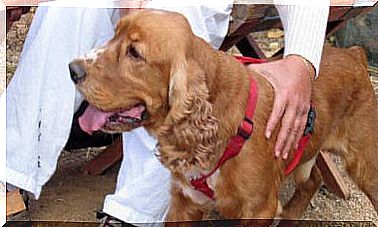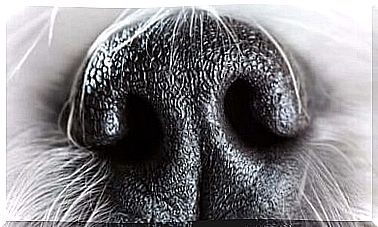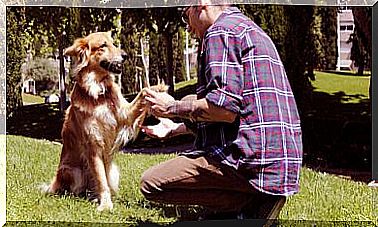Brown Vomiting In Dogs: Everything You Need To Know
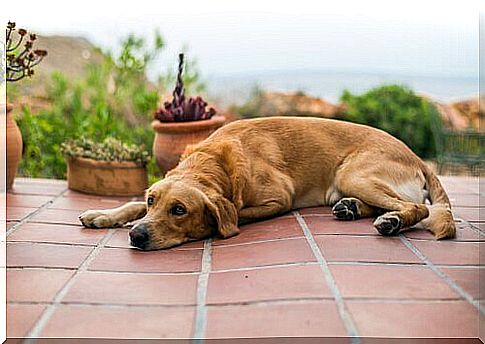
Although vomiting is a common symptom of many illnesses, it should not be overlooked. In some cases, your dog may simply be vomiting because he ate something inappropriate.
However, the appearance of brown vomiting in dogs could be a sign that something much more serious is happening.
Here are some of the most common causes of brown vomiting in your dog:
- hemorrhagic ulcers
- Bowel obstruction
- something they ate
- Other sources of bleeding (such as tumors or gum disease )
Some of the causes of brown vomiting are more serious than others. For example, bleeding ulcers and intestinal obstructions must be treated immediately.
Your dog may be expelling brown fluid from something he ate or a source of bleeding. The severity of this will depend on what he has ingested or how much and where he is bleeding.
Why do dogs suffer from brown vomiting?
Brown vomiting in dogs can have many causes and can happen to any dog.
While it can be alarming to find that your dog expels brown fluid, in most cases he can recover without permanent side effects, as long as he receives the proper treatment.
If your dog develops an ulcer and starts bleeding, it can cause vomiting. If the ulcers are located in the upper part of the intestine or on the stomach wall, vomiting may turn brown because the blood is being digested by stomach acid.
A blockage in the intestine can also lead to vomiting of brown fluid. The intestines can be blocked due to ingesting an object that cannot pass through them.
Some common objects found in a dog’s stomach are: coins, bones, buttons, socks and underwear, toys and marbles.
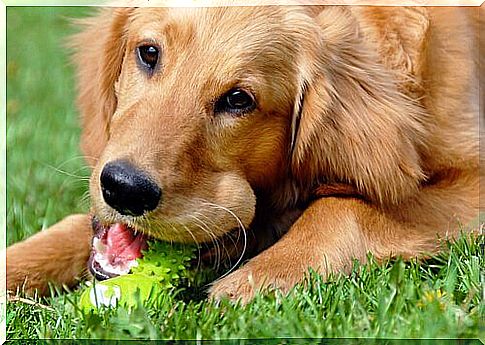
Obstructions can develop from eating bones, rawhide or abnormal cell growth in the abdomen.
Ingested items will move through the gastrointestinal tract in about 10 to 24 hours, and signs of obstruction will occur within 24 hours of ingestion.
On the other hand, we must be careful that it is not something that started for the simple reason that your dog has ingested something brown in color.
If he’s ingested chocolate, dirt, or feces, it can all cause brown vomiting.
Another reason could be bleeding in the digestive tract, which can be caused by:
- Bleeding tumors in the upper small intestine or stomach
- Bleeding gums
- dental diseases
- blood clotting disorder
A warning sign of excessive blood loss is pale gums. If you notice lethargy, weakness, pale gums and excessive blood loss, these can be warning signs of something serious and should be checked immediately.
What to do with brown vomiting in dogs?
Stomach ulcers can usually be easily treated medically. But if they have pierced the stomach walls, your dog may need hospitalization and surgery.
If stomach ulcers are severe, even if they haven’t pierced the stomach wall, your dog may also need hospital care, as well as blood transfusions, IV fluid replacement therapies, and nutritional and electrolyte support.
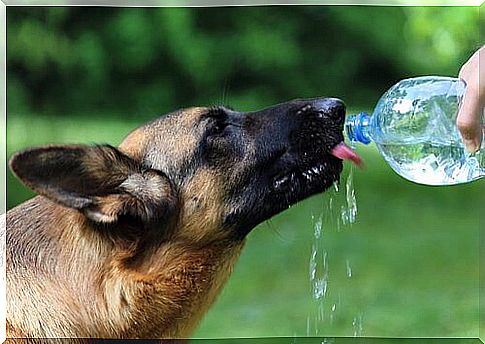
Foods that are highly digestible can help reduce irritation and inflammation in the digestive tract.
It is best to feed your dog small meals several times a day, and your pet should always have access to water unless your vet recommends otherwise.
If he is taken to the vet soon after the obstruction, surgery can be avoided and the obstruction removed by endoscopy.
If tissue death, called necrosis, occurs, it will be necessary to remove the affected parts of the intestine along with the object.
How to prevent brown vomiting?
The best way to prevent intestinal blockage is to monitor your pet and take action if you notice he is eating something he shouldn’t.
Do not allow your dog to eat rawhide, cooked bones, toys and unsafe objects.
Only allow your dog to have toys that are bigger than his throat, as they will be impossible to swallow.
Since stress can contribute to stomach irritation, try to eliminate causes such as loud noises in your dog’s environment.
If you notice that your pet has swallowed something, your vet may suggest that you induce vomiting to avoid an obstruction.
It can be beneficial to teach your dog the “catch and release” order and use it if you catch him eating something he shouldn’t.
Dietary modifications, such as introducing highly digestible foods that can reduce inflammation and irritation, can help your dog avoid stomach ulcers.


